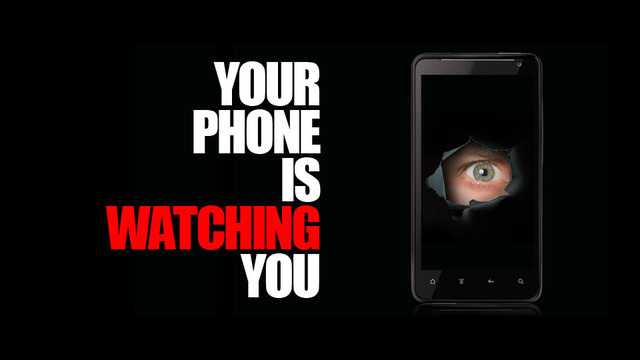Carpenter v United States has rightly prompted concerns over surveillance. But it could also have drastic implications for personal freedom in the digital age
By Jameel Jaffer and Alexander Abdo | The Guardian
On Wednesday, the Supreme Court will consider whether the government must obtain a warrant before accessing the rich trove of data that cellphone providers collect about cellphone users’ movements. Among scholars and campaigners, there is broad agreement that the case could yield the most consequential privacy ruling in a generation.
Less appreciated is the significance of the case for rights protected by the First Amendment. The parties’ briefs make little mention of the first amendment, instead framing the dispute – for understandable reasons – as one about the right to privacy. Yet the court’s resolution of the case is likely to have far-reaching implications for the freedoms of speech, press and association.
The case, Carpenter v United States, arises out of the government’s prosecution of Timothy Carpenter for a series of armed robberies carried out in southeastern Michigan and northwestern Ohio several years ago. In the course of its investigation of the crimes, the government ordered Carpenter’s cellphone provider to turn over data it had collected relating to Carpenter’s movements. In response, the provider produced 186 pages listing every call that Carpenter had made over a 127-day period, as well as coordinates indicating where Carpenter had been at the beginning and end of each of those calls.
“There can be no doubt that the concept of ‘privacy’ has substantially changed with the advent of digital media and technology. This case represents the tip of the iceberg facing the legal system when it comes to application of centuries-old legal doctrine and fundamental rights to new technology. Both sides present compelling arguments in this case, and how the court rules will give insight into the decisions they are likely to make on similar issues in the near future.”









